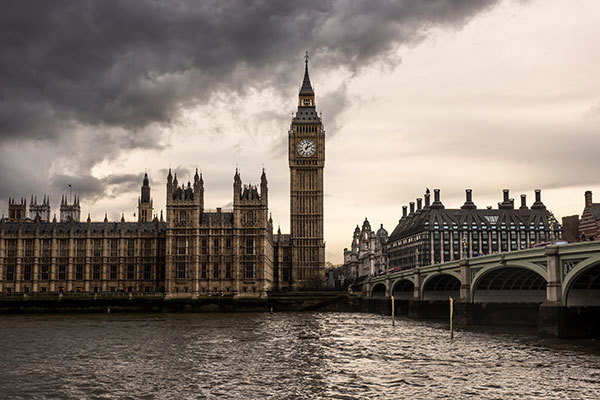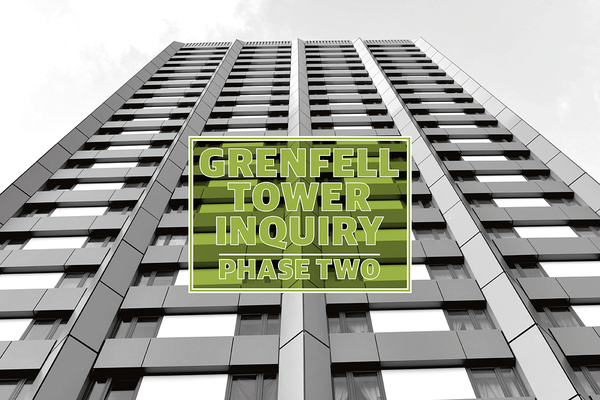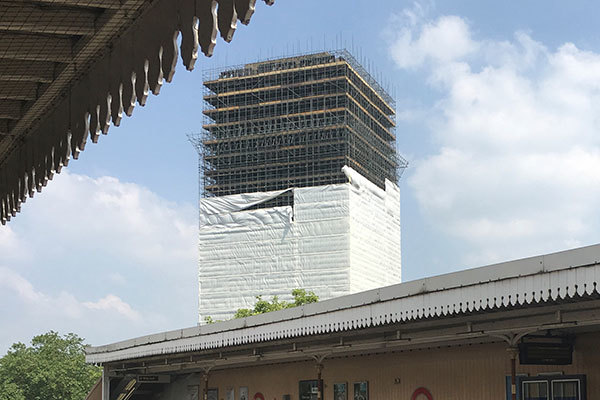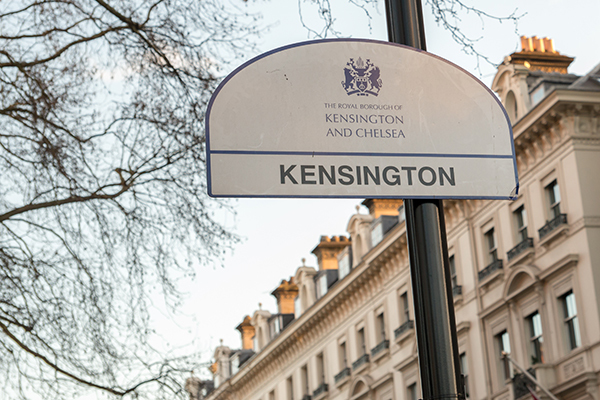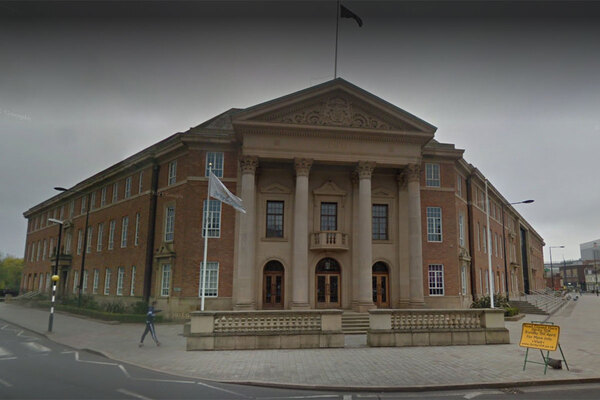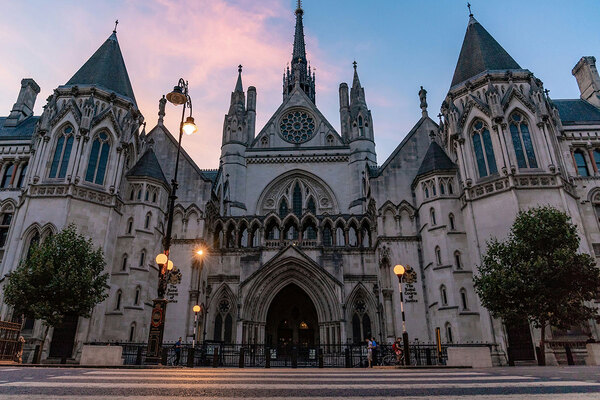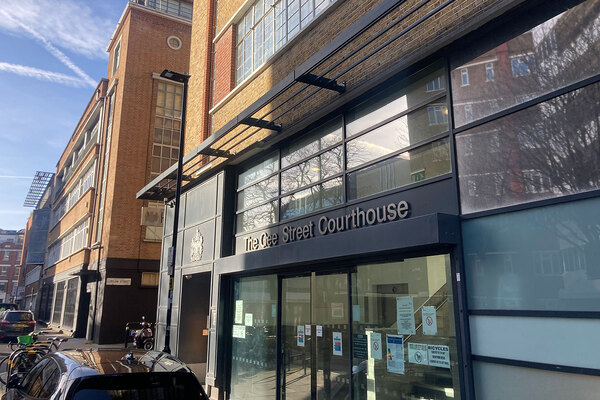You are viewing 1 of your 1 free articles
Government ‘likely’ to have breached Human Rights Act over failure to overhaul regulations before fire, Grenfell Inquiry hears
The government is likely to have breached the Human Rights Act over its failure to overhaul buildings regulations in the years before the Grenfell Tower fire, the inquiry into the tragedy has heard today.
In another day of dramatic evidence, the government was accused by one of the lawyers representing survivors and bereaved families of holding on to a “ticking time bomb” for its failure to act on previous warnings, including those that came nearly two decades before the fire.
This, they said, “strongly suggested” a breach of Article 2 of the Human Rights Act.
The companies involved in the refurbishment were also accused of having “blood on their hands” and it being “as if they had taken careful aim with a gun and pulled the trigger”.
Earlier, Stephanie Barwise, QC for some of the bereaved and survivors, highlighted a series of reports government ministers had not heeded on fire safety.
This included an MP-led select committee report, published in 2000, which recommended that cladding on all social housing should be assessed. “It seems this was not done, given that in the wake of Grenfell this had to be done,” she said.
She also flagged a series of Building Research Establishment documents released in 2015 on recommended changes to Approved Document B.
In written evidence, the legal team for the Grenfell families said the government had been aware since 2000 that Approved Document B was “fundamentally not fit for purpose”.
Ms Barwise told the inquiry: “The government was holding, as from 2000, what may properly be regarded as a ticking time bomb.”
She added: “As will be apparent, these matters strongly suggest a likely breach by government of Article 2 of the Human Rights Act in failing to ensure safe systems to protect the public.”
Inside Housing has previously revealed letters that show details of the government’s failure to act on warnings. Former government ministers – including ex-housing minister and Theresa May’s former chief of staff Gavin Barwell – are expecting to give evidence at the inquiry next year.
Ms Barwise also argued that the changes made to Approved Document B by the government last year are not enough. “The trivial amendments... are deeply troubling,” she said.
The inquiry also heard claims that Kensington and Chelsea Tenant Management Organisation (KCTMO) entered “private” negotiations with the main contractor, Rydon, before the firm had been awarded preferred bidder status in an effort to cut costs – including on the cladding.
The TMO was looking to get Rydon’s costs reduced by £800,000 to bring it in line with its budget, the inquiry heard. This included a £240,000 reduction in cladding costs – involving a change from the zinc cladding to aluminium composite panels.
“This requested reduction was dressed up as ‘value engineering’,” Ms Barwise said.
She added: “The TMO did not ask whether performance or safety was compromised by this cost reduction.”
Ms Barwise added: “From the outset [the TMO] disregarded its procurement obligations in a way that likely affected the quality of the refurbishment.”
Later Adrian Williamson QC, for a third group of Grenfell families, revealed an email from Peter Maddison, the TMO’s director of assets and regeneration, which said that “value for money is to be regarded as the key driver of the [Grenfell refurbishment] project”.
The inquiry also heard how an “obsession with aesthetics dogged the [Grenfell] project”.
Ms Barwise alleged that the council was worried that the Grenfell Tower refurbishment would be a “poor cousin” to a new academy – the Kensington Academy and Leisure Centre – being built next door. However, as the academy used powder-coated cladding, the contractors “seized” on that as having set a precedent despite the cladding having a combustible core panel, the QC said.
The manufactures and suppliers of the cladding also came in for further criticism. Arconic, the US firm that made the cladding panels, had targeted Grenfell Tower in an effort to boots its UK sales, the inquiry heard.
But in written evidence, the counsel said: “[Arconic] should have known, and perhaps did know, that they were supplying a material, which was to be sold in the UK, that failed to comply with UK building regulations. To suggest that this was a missed opportunity is an understatement of the utmost gravity.”
The companies involved in the refurbishment of the 24-storey tower were earlier this week accused of “buck passing” by the lead QC for the inquiry.
And an application to seek an undertaking that anything their employees say at the inquiry will not be used in a criminal case was today branded as trying to “sabotage” the inquiry.
Ms Barwise added: “The behaviours of arrogance and complacency which caused the disaster still rage unchecked among many of the core participants.”
Sam Stein QC, representing other bereaved and survivors, later concluded: “Those companies involved killed when they criminally failed to consider the safety of others.
“They killed when they promoted their unsuitable dangerous products in the pursuit of money and they killed when they entirely ignored their ultimate clients the people of Grenfell Tower. They knew they were literally playing with fire,” he said.
A statement read out from those bereaved and survivors represented by Imran Khan QC said: “Each of these corporates have blood on its hands and it cannot be washed off by the blood on another’s.”
